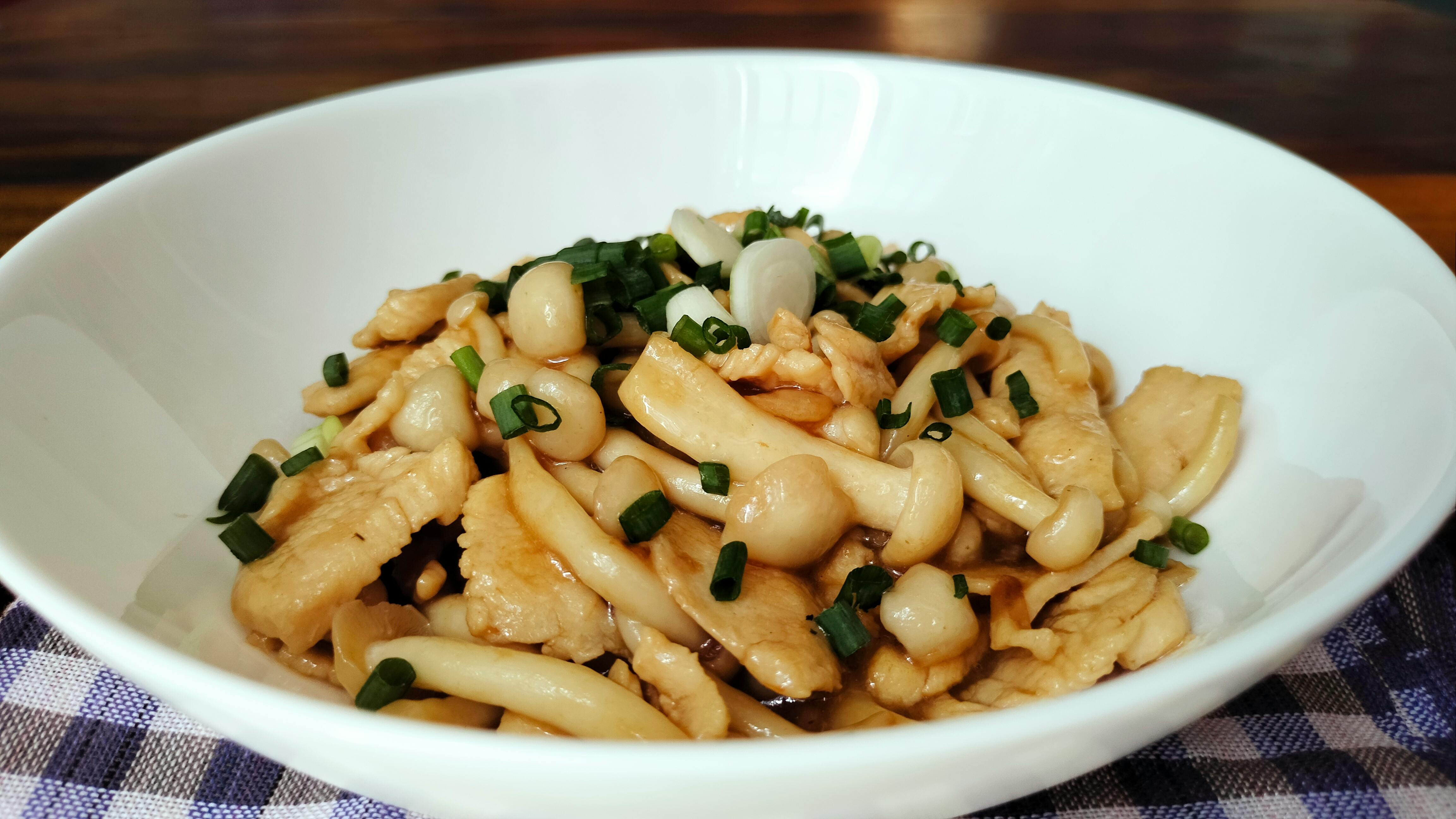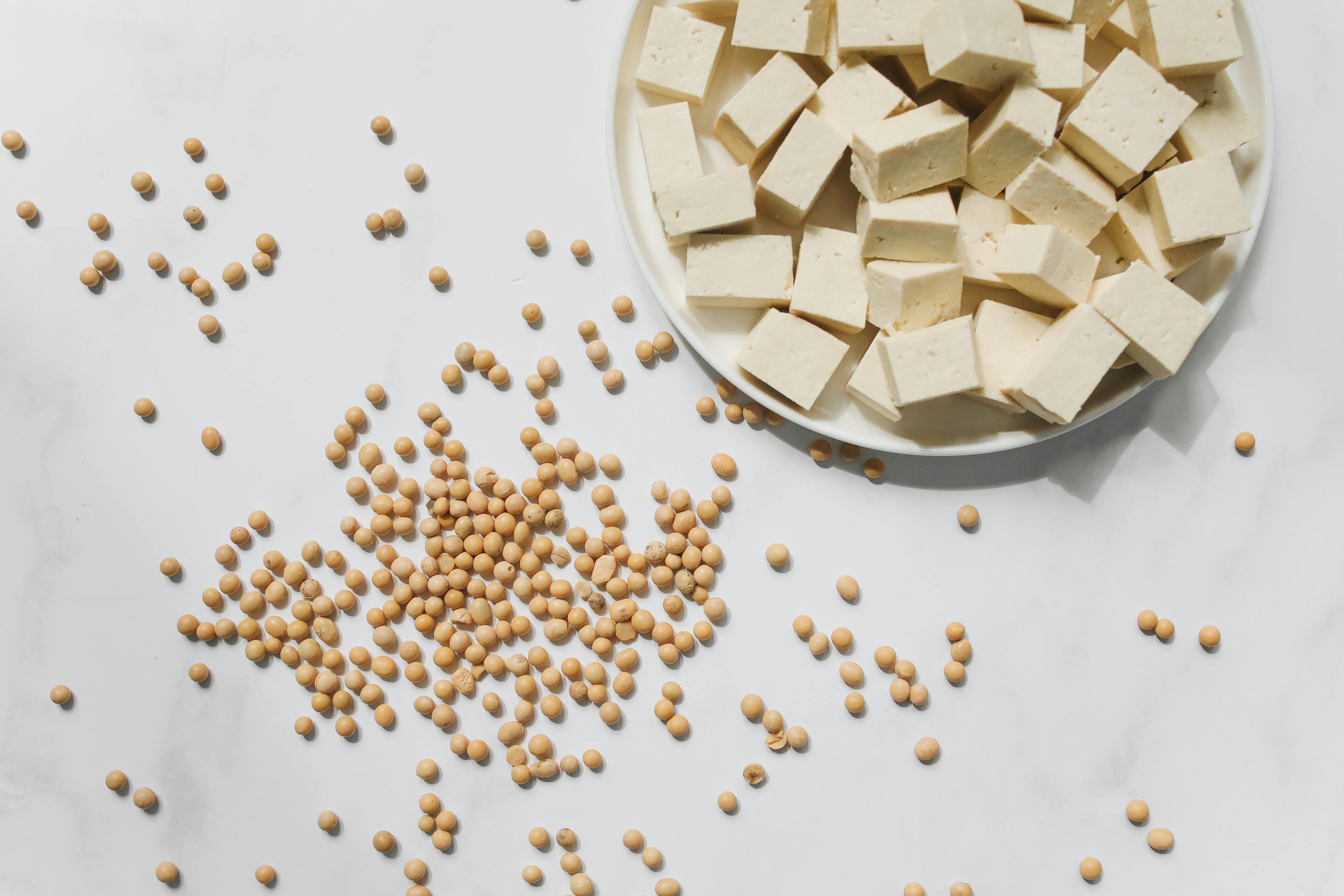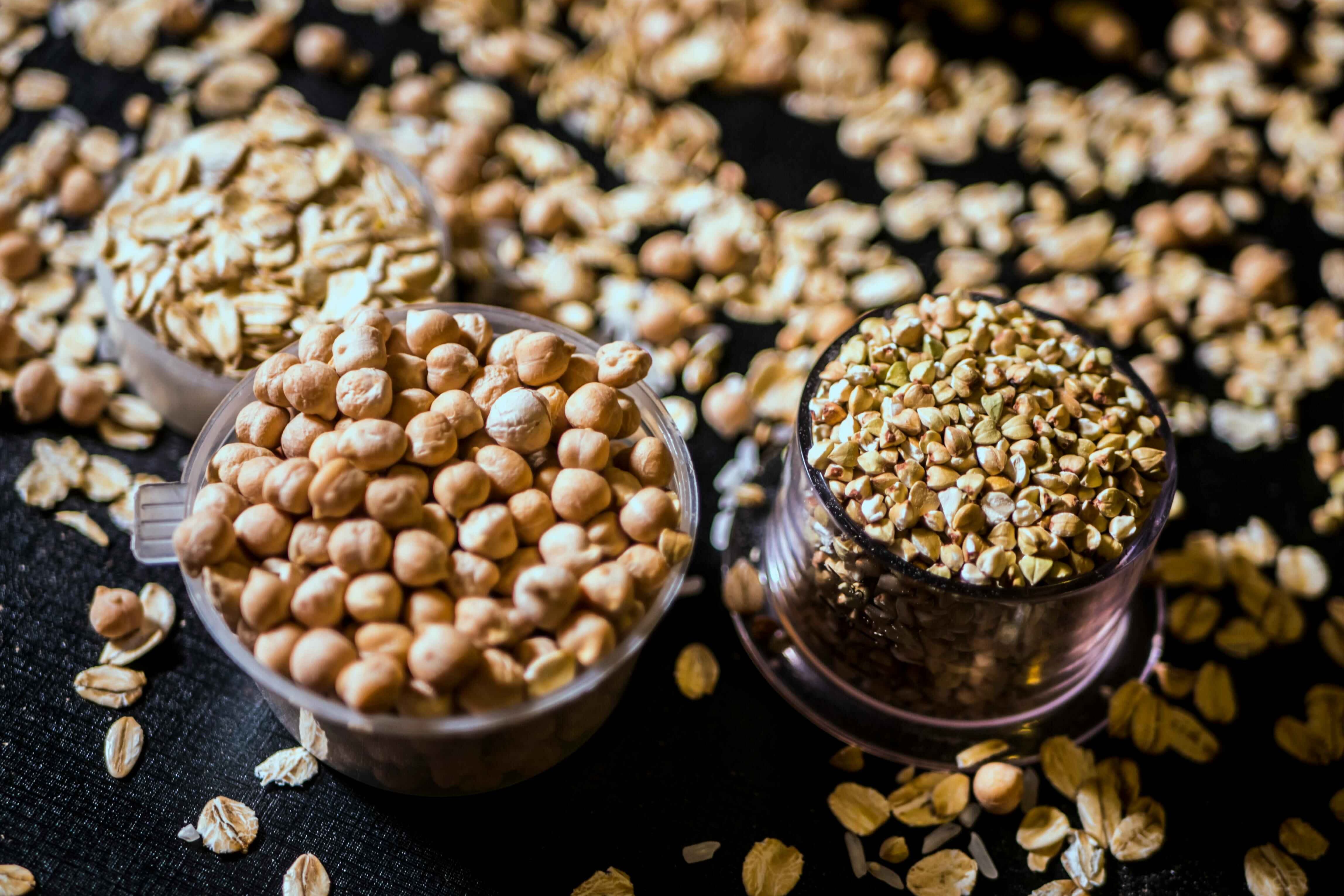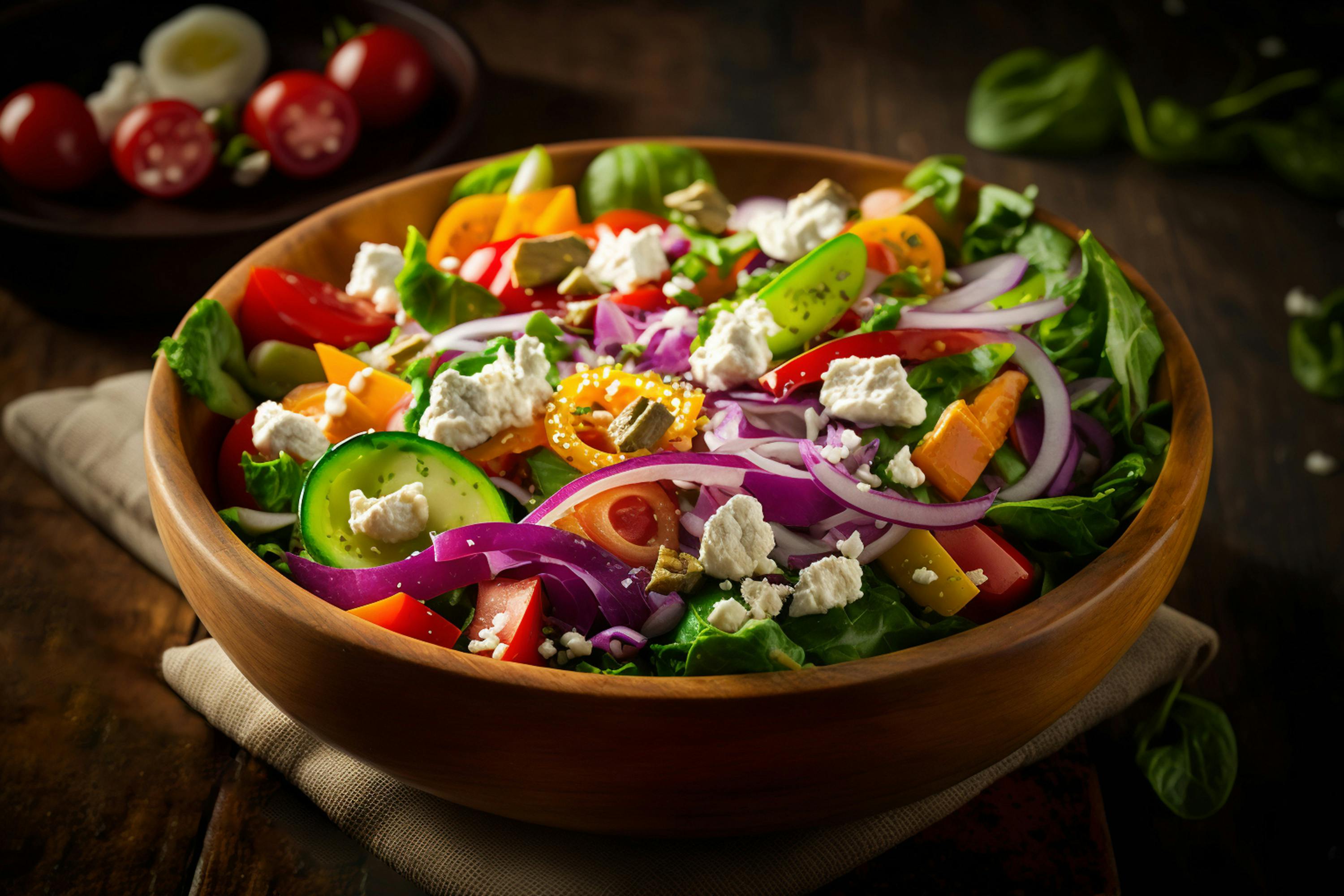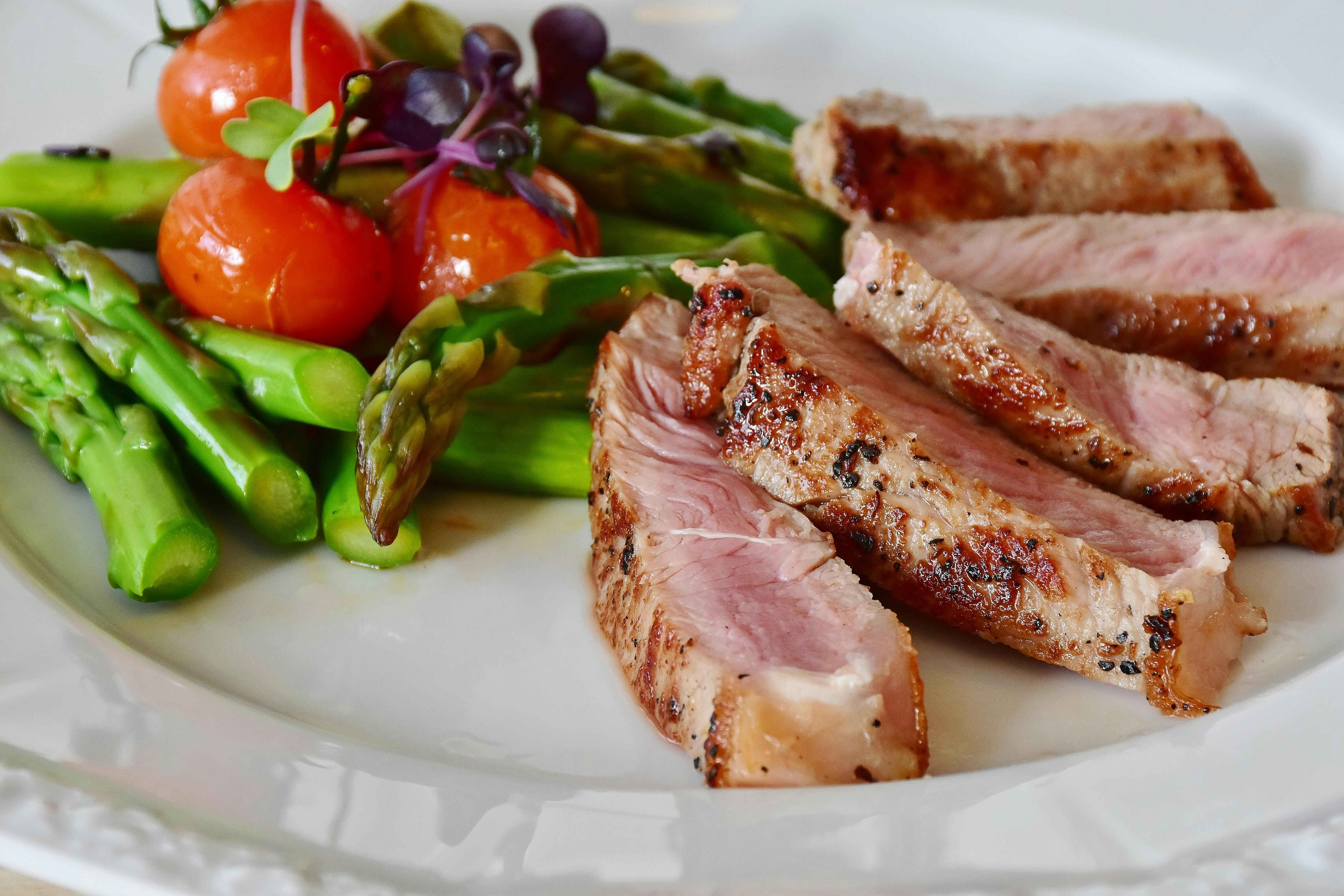What Is the Flexitarian Diet?
What Is the Flexitarian Diet?
In today's health-conscious world, the Flexitarian Diet has emerged as a blend of flexibility and nutritional balance, resonating with families who seek a healthier lifestyle without giving up on their favorite meat dishes.
This diet has been gaining traction, not just for its health benefits but also for its role in promoting sustainable eating practices.
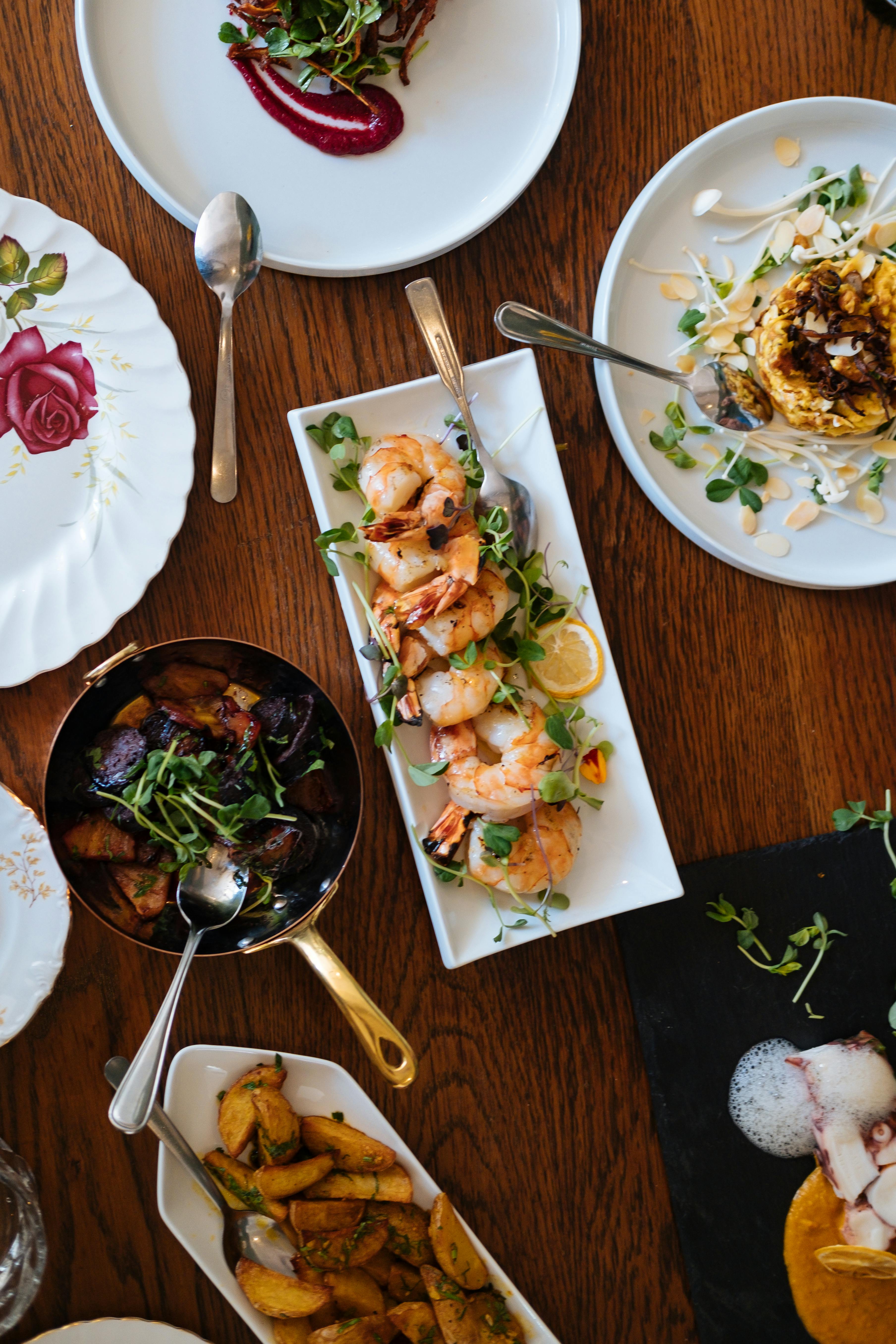
What Is the Flexitarian Diet?
The Flexitarian Diet is like a culinary bridge connecting the vegetarian and meat-eating worlds. It's a flexible approach to eating, focusing on plant-based foods while still allowing room for meat and other animal products in moderation.
This diet is perfect for those who aren't ready to commit fully to vegetarianism but want to reap the benefits of a plant-rich diet.
Here's what makes the Flexitarian Diet stand out:
- Flexibility: This diet is all about choice. You can adjust your meat consumption based on your personal preferences and nutritional needs.
- Plant-Powered Nutrition: The focus is on fruits, veggies, legumes, and whole grains. These plant-based foods form the foundation of the diet, celebrated for their nutritional value and variety.
- Mindful Meat Consumption: While not completely off the table, meat plays a less central role. It's about enjoying smaller portions of meat or having meatless days in your week.
- Health and Pleasure: The Flexitarian Diet doesn't just cater to your health but respects your palate. It's a way to explore new flavors and ingredients without feeling restricted.
In essence, the Flexitarian Diet is about finding your unique balance and enjoying the vast spectrum of food options while being mindful of your health and the environment.
Why Choose a Flexitarian Diet?
Wellness Bonuses
Thanks to its emphasis on plant-based foods, the Flexitarian Diet is a cornucopia of nutrients. Studies have linked it with potential benefits that could include supporting cardiovascular health, assisting in maintaining a healthy weight and contributing to the management of blood sugar levels.
With this diet, you're serving up vibrant, nutrient-rich vegetables, wholesome grains, and legumes at every meal.
Balanced Protein Choices
In contrast to strict plant-based diets, the Flexitarian Diet welcomes moderate servings of animal-based protein. This flexibility allows you to still enjoy a succulent salmon filet or a delightful chicken salad but framed within a health-conscious outlook.
Planet-Friendly Advantages
Taking steps to moderate meat consumption can have a profoundly favorable effect on our planet. By endorsing a diet that decreases water and land-intensive meat production demand, you're actually contributing to shrinking our collective environmental footprint.
How Does The Flexitarian Diet Compare to Other Diets?
As you navigate through various dietary paths, it's beneficial to understand how the Flexitarian Diet compares to other popular eating patterns.
Let's explore the unique flexitarian differences that make it a standout choice:
Flexitarian vs. Vegetarian
While both these diets share a love for plant-based foods, vegetarian diets don’t include any meat. Flexitarians enjoy the best of both worlds—a plant-forward lifestyle with a side serving of meaty indulgences.
If you're not quite ready to say goodbye to your favorite steak, going Flexitarian fits the bill perfectly.
Flexitarian vs. Vegan
The vegan lifestyle avoids any animal-derived products, including dairy and eggs. In contrast, the Flexitarian approach can include cheese and scrambled eggs, allowing animal products in moderation.
Flexitarian vs. Paleo
The Paleo diet is a throwback to our ancestors' dietary habits, focusing on lean meats and fish while excluding grains and processed foods. Conversely, the Flexitarian diet includes grains and legumes alongside a bounty of plant-based foods with the occasional meat guest.
Flexitarian vs. Ketogenic
The Ketogenic (or Keto) diet maintains a tough-love approach toward carbs, promoting a high-fat, moderate-protein, and low-carb regimen. Flexitarianism lives in harmony with whole grains, fruits, and legumes, endorsing a balanced, inclusive diet plan.
Flexitarian vs. Mediterranean
The Mediterranean diet banks on the heart-healthy food choices of the Mediterranean region, focusing on fruits, veggies, whole grains, and a good deal of olive oil. However, fish and seafood are the preferred proteins in this diet, with a moderate intake of poultry, eggs, and dairy products.
The Flexitarian diet, on the other hand, gives you room to experiment globally and offers the flexibility to enjoy a wider range of proteins in moderation.
Flexitarian or Whole30
The Whole30 diet is a short-term nutrition reset aimed at eliminating certain food groups like sugar, grains, dairy, and legumes for 30 days. Contrarily, the Flexitarian diet is more about inclusion than elimination.
This lifestyle permits you to enjoy a nutritious mix of plant foods, occasional meats, grains, and dairy, offering a broader palette to explore and enjoy.
The Flexitarian Diet stands out for its balanced, non-restrictive nature, offering a practical and enjoyable way to eat healthily and sustainably. It's not about cutting out foods—it's about adding more plant-based variety to your life.
How To Start a Flexitarian Diet


